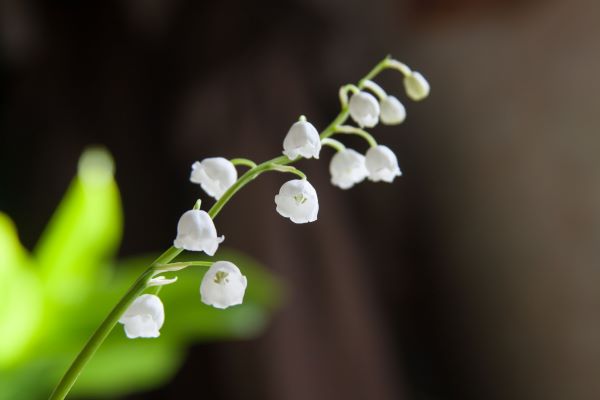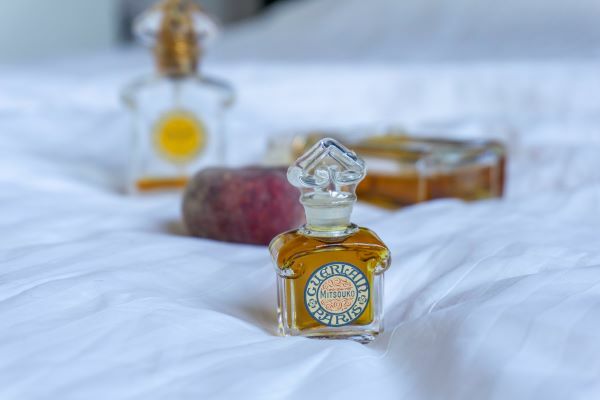Why Perfume Doesn’t Last and what to do about it
You have found a perfume that seems perfect – the first few moments post-application are enjoyable but then, over the course of the day, you find the scent has disappeared. You might as well not have worn anything. Fragrance that doesn’t last is one of the most frustrating occurrences for a perfume lover, and I’m often asked to explain why it happens. And that’s what I do in my FT column, The Long and The Short of It: making perfume last.

I explain why some fragrances have a fleeting presence, how to test for it, how to correct for it and give examples of perfumes with different types of presence. You can also read my article, One Perfume, Four Ways to Wear It, with other tips on making perfumes last.
One of the reasons a perfume doesn’t last is because of our physiology. To put it another way, your perfume is still present, but you stop smelling it and hence it seems as if it has disappeared. This phenomenon is called olfactory fatigue, or olfactory adaptation, and it happens when odour receptors are saturated with an aroma to the point that they stop sending a signal to the brain about it. If you wear the same perfume every day, such an olfactory adaptation is likely to happen. Also, some materials are more likely to cause an olfactory fatigue, such as ambers, sandalwood and other heavy, enveloping woods. To continue reading, please click here.
As I was writing the article, I became curious to find out from you if longevity is the most important characteristic in a perfume? If you find a perfume you love but that doesn’t last, will you still buy it?
Photography by Bois de Jasmin

















Neva in Recommend Me a Perfume : April 2024: Hi April, please try Weekend in Normandy by Parfums de Nicolai. To me it definitely has the Cristalle vibe and it is one that I always have in my collection… April 25, 2024 at 3:13am